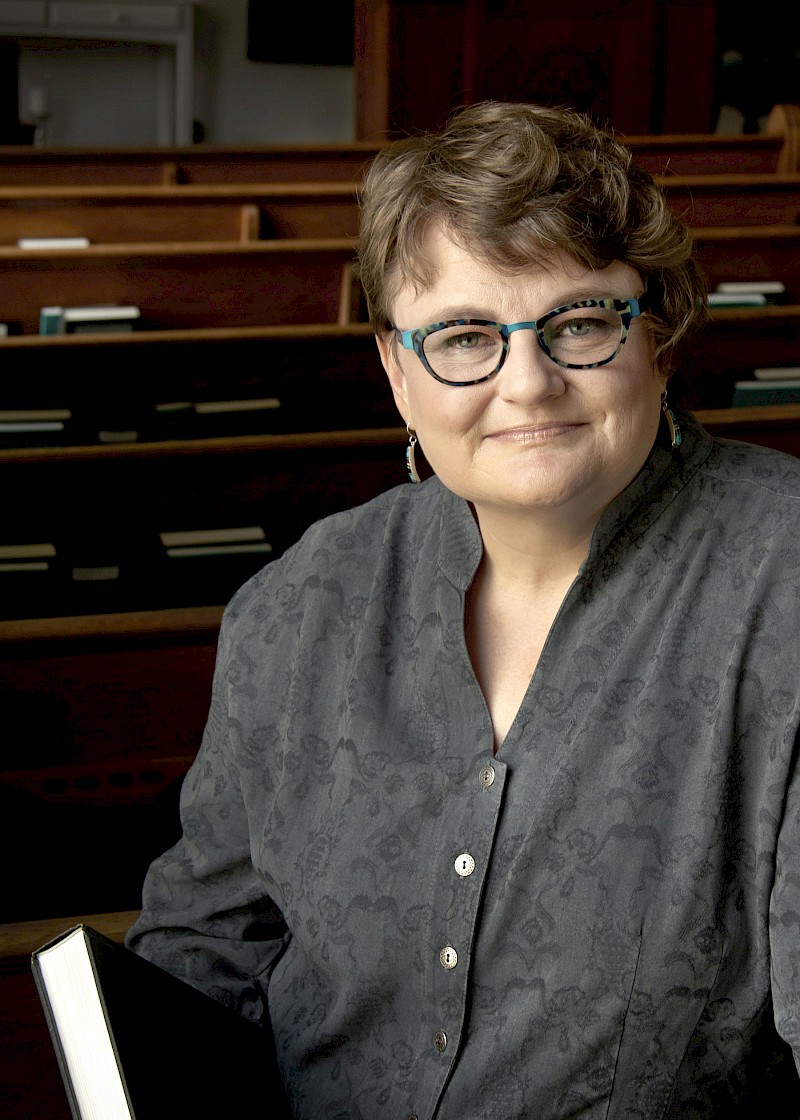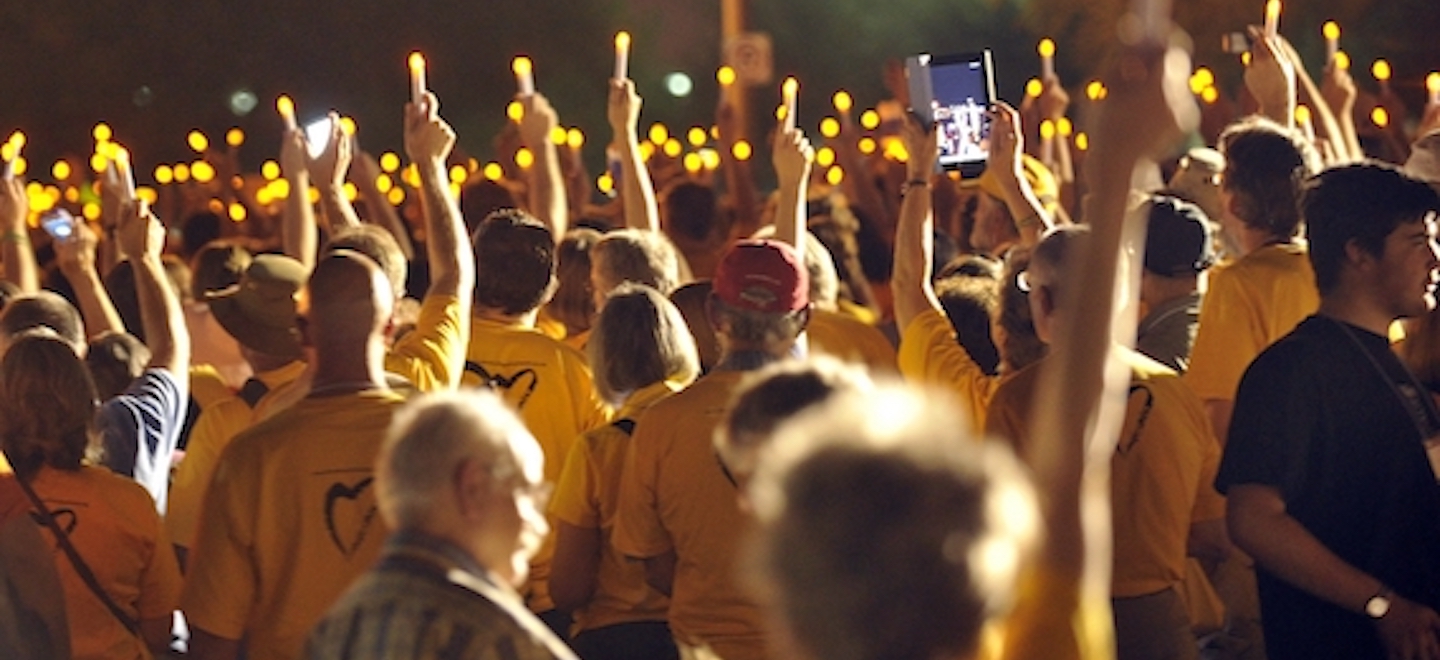Current Status
Price
Get Started
Universalist Theologies of Social Justice.
The Universalist theology of radical inclusion and just community: from the vision of complete equality in the afterlife, to utopian communities, to Clarence Skinner’s progressive call for the worldwide equitable distribution of resources.
Unitarian Theologies of Social Justice.
In this unit, we cover how much of the early Unitarian theology of social change was formed out of the complicated experience of liberal religious persons with abolitionism and the Civil War. We also examine the Unitarian commitment to a theology of radical democracy, a consistent commitment traceable from the very beginning of our movement through to the 20th century’s great ethicist/theologian James Luther Adams.
U, U and UU Women’s Movements.
Looking at various women’s movements (suffrage, the women’s peace movement, temperance, and contemporary anti-sexism), we explore how the presence of women in religious leadership changed not only our culture, but our theological stance, especially in relationship to questions personal agency, class, and direct social action.
Module Four: Civil Rights, Black Empowerment & Institutional Anti-Racisms. These Unitarian Universalist experiences both necessitated, and were based on, new theologies of privilege, power and agency.
Sexualities & Genders
From “About Your Sexuality” classes for youth, to marriage equality and LGBTQA+ rights beyond binary thinking, most contemporary Unitarian Universalist social actions have been based on specific theological assumptions about the progressive qualities of education and relationship.
New Horizons
How justice issues currently engaging Unitarian Universalism (specifically Black Lives Matter and Climate Change) connect to our past even as they point out to us the necessity of developing new paradigms.
 The Rev. Dr. Susan Ritchie is the director of the Unitarian Universalist House of Studies at the Methodist Theological School in Ohio. She has been the minister of the North Unitarian Universalist Congregation in Lewis Center, Ohio since 1996. She has also served on the UUA Board of Trustees, as UUA Secretary and as associate professor of Unitarian Universalist History and Ministry at Starr King School for the Ministry .
The Rev. Dr. Susan Ritchie is the director of the Unitarian Universalist House of Studies at the Methodist Theological School in Ohio. She has been the minister of the North Unitarian Universalist Congregation in Lewis Center, Ohio since 1996. She has also served on the UUA Board of Trustees, as UUA Secretary and as associate professor of Unitarian Universalist History and Ministry at Starr King School for the Ministry .

